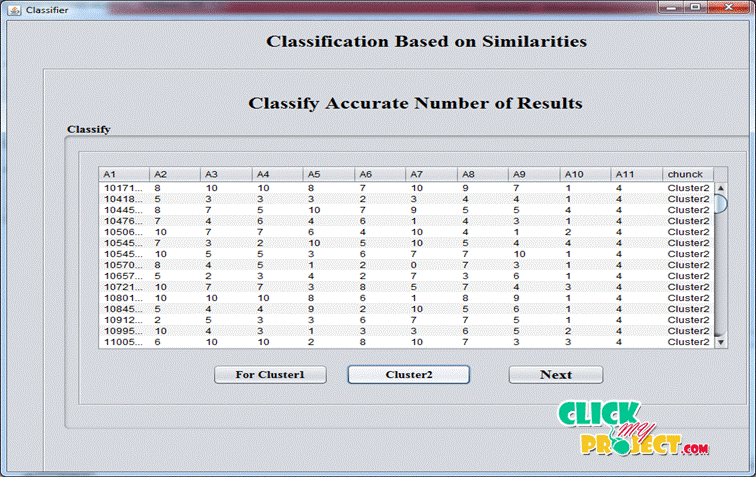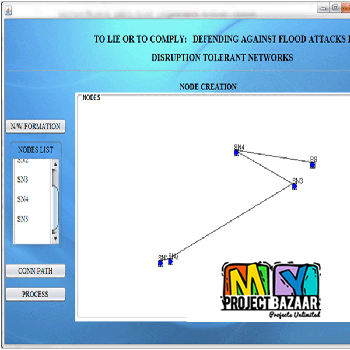
Experimental Comparison of Classifiers for Breast Cancer Diagnosis
Product Description
Abstract—Experimental Comparison of Classifiers for Breast Cancer Diagnosis. A comparison among the different classifiers decision tree (J48), Multi-LayerPerception (MLP), Naive Bayes (NB), Sequential Minimal Optimization (SMO), and Instance Based for K-Nearest neighbor (IBK) on three different databases of breast cancer (Wisconsin Breast Cancer (WBC), Wisconsin Diagnosis Breast Cancer (WDBC) and Wisconsin Prognosis Breast Cancer (WPBC)) by using classification accuracy and confusion matrix based on 10-fold cross validation method. Also, we introduce a fusion at classification level between these classifiers to get the most suitable multi-classifier approach for each data set. The experimental < Final Year Projects > results show that in the classification using fusion of MLP and J48 with the PCA is superior to the other classifiers using WBC data set. The PCA is used in WBC dataset as a features reduction transformation method in which combines a set of correlated features. The selected attributes are: Uniformity of Cell Size, Mitoses, Clump thickness, Bare Nuclei, Single Epithelial cell size, Marginal adhesion, Bland Chromatin and Class. In WDBC data set the results show that the classification using SMO only or using fusion of SMO and MLP or SMO and IBK is superior to the other classifiers. In WPBC data set the results show that the classification using fusion of MLP, J48, SMO and IBK is superior to the other classifiers. All experiments are conducted in WEKA data mining tool.
Including Packages
Our Specialization
Support Service
Statistical Report

satisfied customers
3,589
Freelance projects
983
sales on Site
11,021
developers
175+Additional Information
| Domains | |
|---|---|
| Programming Language |

















